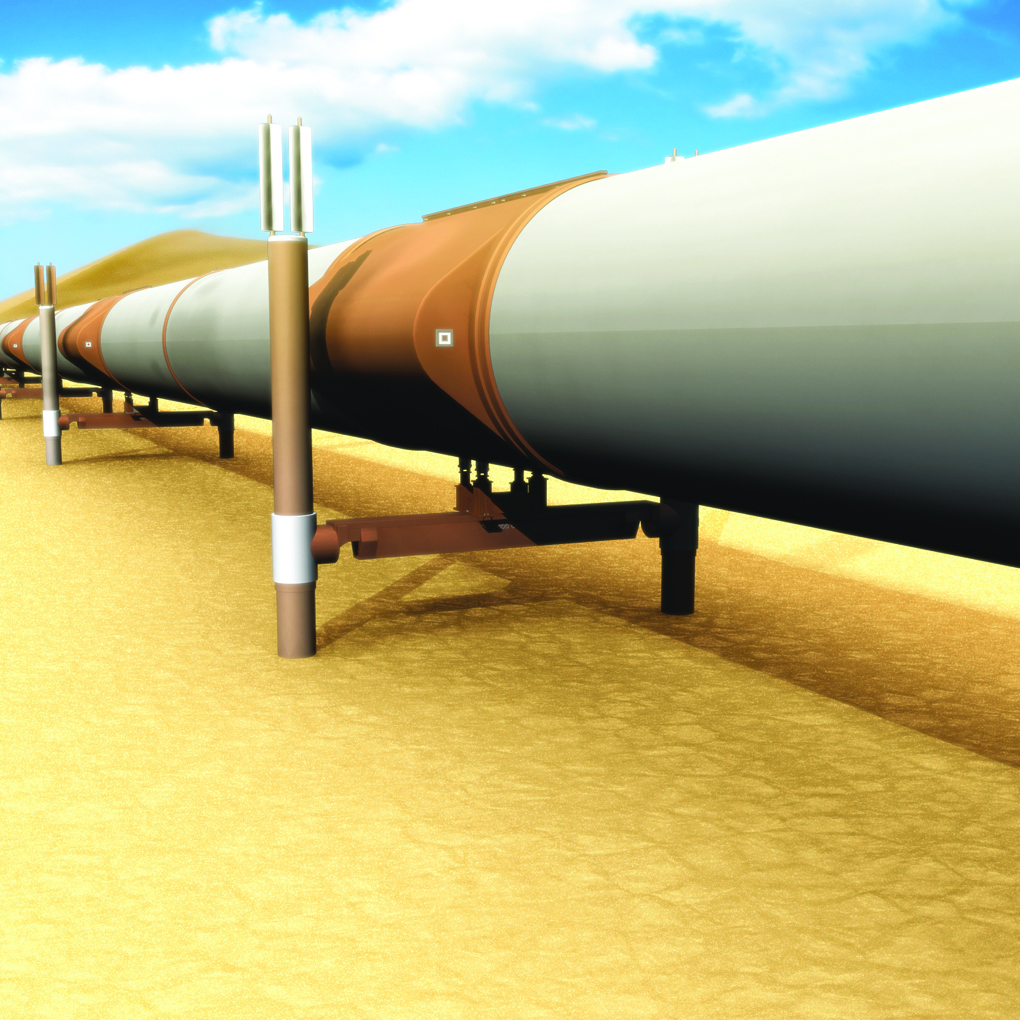The anticipated initiation of the Trans Mountain pipeline is set to elevate Canada’s oil output to unparalleled heights within the forthcoming two years, a new Deloitte Canada report suggests.
As the expansion of this pivotal pipeline progresses, the increased capacity promises to amplify Canadian production by an impressive 375,000 barrels daily in the next two years. This marks an 8% ascent from the previous record achieved in November 2022 and a close-to 9% escalation from the production statistics of June this year, as per the Canadian Centre for Energy Information’s latest data.
The Deloitte report underscores the magnitude of this surge: “The growth in output is remarkable, exceeding the cumulative addition to Canada’s production over the past five years.”
Significantly, the Trans Mountain pipeline stands as the only conduit channeling oil from Alberta’s rich reserves to the West Coast. With the ongoing expansion, its capacity is projected to swell from the current 300,000 barrels per day to an impressive 890,000.
An essential aspect of this production boost is the redirection of exports. A significant portion of the enhanced exports will cater to markets beyond the United States, enabling Canadian producers to diminish their reliance on U.S. refining processes. This shift anticipates a more favorable pricing structure for Canadian bitumen, narrowing the gap compared to the premium U.S. sweet crude.
Further insights from the Deloitte report highlight that the majority of this impending surge in production is attributed to the oilsands. Here, industries are capitalizing on thermal expansion initiatives that effectively combine novel assets with pre-existing infrastructure, aiming to hasten developmental processes at reduced expenses.
Despite the bullish trend in production within North American territories, global crude prices are envisaged to retain their high stance through 2024. Deloitte’s oil and gas expert, Andrew Botterill, comments, “While North American crude supply rises, it will likely be counterbalanced by deliberate curtailments from certain OPEC+ members, mitigating any drastic reductions in price.”
With eyes set on early 2024, the Trans Mountain pipeline’s expansion inches towards completion. The federal government took the reins of this significant infrastructure in 2018, ensuring its forward motion after Kinder Morgan Canada Inc. contemplated discontinuation due to environmental concerns and regulatory impediments.
Supporters of this expansion contend that it’s imperative for positioning Canada in the global oil market, especially given the recent geopolitical turbulence involving Russia and Ukraine affecting global energy dynamics. In contrast, detractors emphasize the environmental ramifications, asserting that such escalation in oil output contradicts Canada’s climate change and emissions reduction goals.
Trans Mountain Expansion to Propel Canadian Oil Production to Record Levels

Deloitte Canada’s recent analysis predicts an unprecedented boost in Canadian oil production, primarily driven by the Trans Mountain pipeline’s upcoming operations.
In response to Canada's Online News Act and Meta (Facebook and Instagram) removing access to Canada's local news from their platforms, Anchor Media Inc encourages you to get your news directly from your trusted source by bookmarking this site and downloading the Rogue Radio App. Send your news tips, story ideas, pictures, and videos to info@anchormedia.ca.








